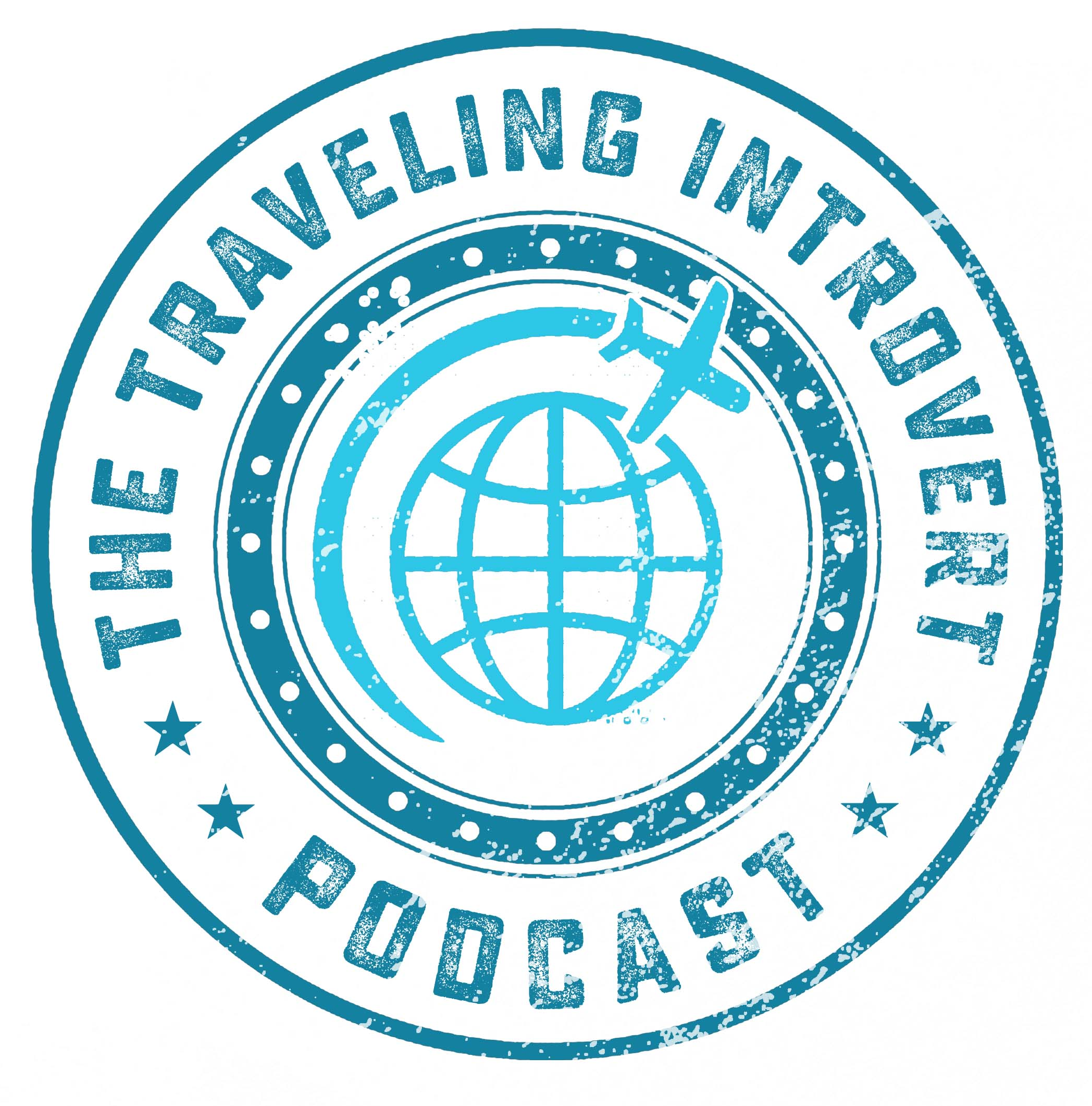Episode 398
Using Performance Reviews to Set Boundaries
Performance Reviews as a Tool for Setting Boundaries
- Unique opportunity to discuss workload preferences.
- Recent talk on extrovert bias in the workplace.
- The general importance of advocating for introvert needs in the workplace.
Preparing for the Meeting
- Identifying boundaries before the meeting.
- Reflect on past 3-6 months' work experiences.
- Consider workload, communication methods, and energy management.
Framing Boundaries Positively
- Positive language in boundary setting.
- Examples of how to reframe negative statements ("I don't want to attend too many meetings") into positive ones ("I really work best with dedicated focus time and minimizing unnecessary meetings helps me to be more productive").
- Discussing meeting workload and exploring alternatives.
Energy Management and Its Importance
- Explaining energy management and its significance.
- Importance of uninterrupted time for deep, focused work.
- Flexibility in work schedules.
- Benefits of setting boundaries for the company, team, and individual productivity.
Implementing and Reinforcing Boundaries
- The need for continuous reinforcement.
- Setting real, concrete changes after initial discussion.
- The likelihood of needing reminders and clarification over time.
- Avoiding frustration and maintaining persistence.
- Realizing boundary setting is a marathon, not a sprint.
- Seeking managerial support if boundaries are consistently ignored.
Transcript
Hello and welcome to the travelling introvert. Today I want to talk about something that isn't often talked about, especially when it comes to performance reviews, and that's how do you use performance reviews to help set boundaries at work? Setting boundaries in general is something that we need as introverts because of energy management, and the more boundaries we set, the easier energy management tends to be. But this can be challenging at work. And because of this, using performance reviews to kind of set the tone is a really unique opportunity to discuss your preferences of what a more balanced workload might look like or work environment might look like. This has come up because of a talk I've just recently done about the extrovert bias on how the workplace is set up. It's not set up for the way that introverts work and their work styles, and so the more of us that have these conversations in the workplace and use these 1 on 1 times or performance reviews, that's not up to set boundaries and why it's important for us and how it helps us work better is crucial. And so we wanna talk about how you can use this time, this can be for 1 on 1 conversations or performance reviews in general, to advocate for yourself, advocate for your needs, whether that's flexible working hours, quiet time for deep work, communication or rent, clear expectations, whatever that might be, but how to use this time wisely. And so before you have your meaning, identify your boundaries.
Janice Chaka [:Spend some time reflecting on what has or hasn't worked for you in the past 6 months, 3 months, whatever time period it is. And you wanna be thinking about things like workload, the way the team is communicated, the way your manager is communicated, the way that you're communicating with other humans, and that can be the communication method, the frequency of communication, and boundaries around that. And sort of think about also your energy management during that time and what that has looked like and what has affected it. It. Then frame your boundaries positively. Instead of saying 'I don't want to attend too many meetings, like this could have been an email', try something along the lines of 'I really work best with dedicated focus time and minimizing unnecessary meetings helps me to be more productive. Here's the meetings that I currently attend. Are all of these mandatory for me to attend or could I get notes afterwards to read? Do I have to make a decision on these? Let's have a look at my meeting workload and what could be changed or rearranged or what I could be removed from.
Janice Chaka [:And then discuss energy management because what you'll find is a lot of people just don't understand how important energy management to us and don't necessarily understand introversion in general. And so one way of helping this is by talking about it and explaining your need for interrupted time in the day to dive into deep focused productive work or to process, or flexibility, because you want to be cooperative. You're given an option in talking about it and why this is really important. And explain how setting these boundaries, they might not appear as boundaries to other humans, but how setting these boundaries benefits the company in general, you, your team, your boss, because it allows you to work more efficiently and therefore contribute at a higher level. Don't think that this is a one and done conversation. Generally, what you'll find is you'll have this conversation, the other person will probably nod and agree, but then you have to set real concrete things of, well, this is what's going to happen, this is what's going to change, this is what needs to happen. And then when you're implementing these boundaries, you are going to have to give reminders and explain, this is what is what works for me. If you have to come to a compromise, that's fine, but you will find that you will have to reiterate your needs time and time again.
Janice Chaka [:And try not to get frustrated about it, though that might be hard. But if you set a boundary and then it gets stomped on and then you don't respond, it's just gonna continue to get stomped on and you're just gonna get frustrated and not wanna speak up. So realize that this is a marathon, not a sprint. You will have to remind people time and time again. If it becomes too much, then you might wanna ask your manager to step in and be very much like, hey. We had this conversation. Why is this now happening? So just sort of some thoughts and things to think about for setting boundaries at work and using performance reviews or one on one time to go ahead and do that. Thank you for listening.
Janice Chaka [:This is Janice at the Career Intrepid helping you build your brand and get hired. Have a great rest of your week.



